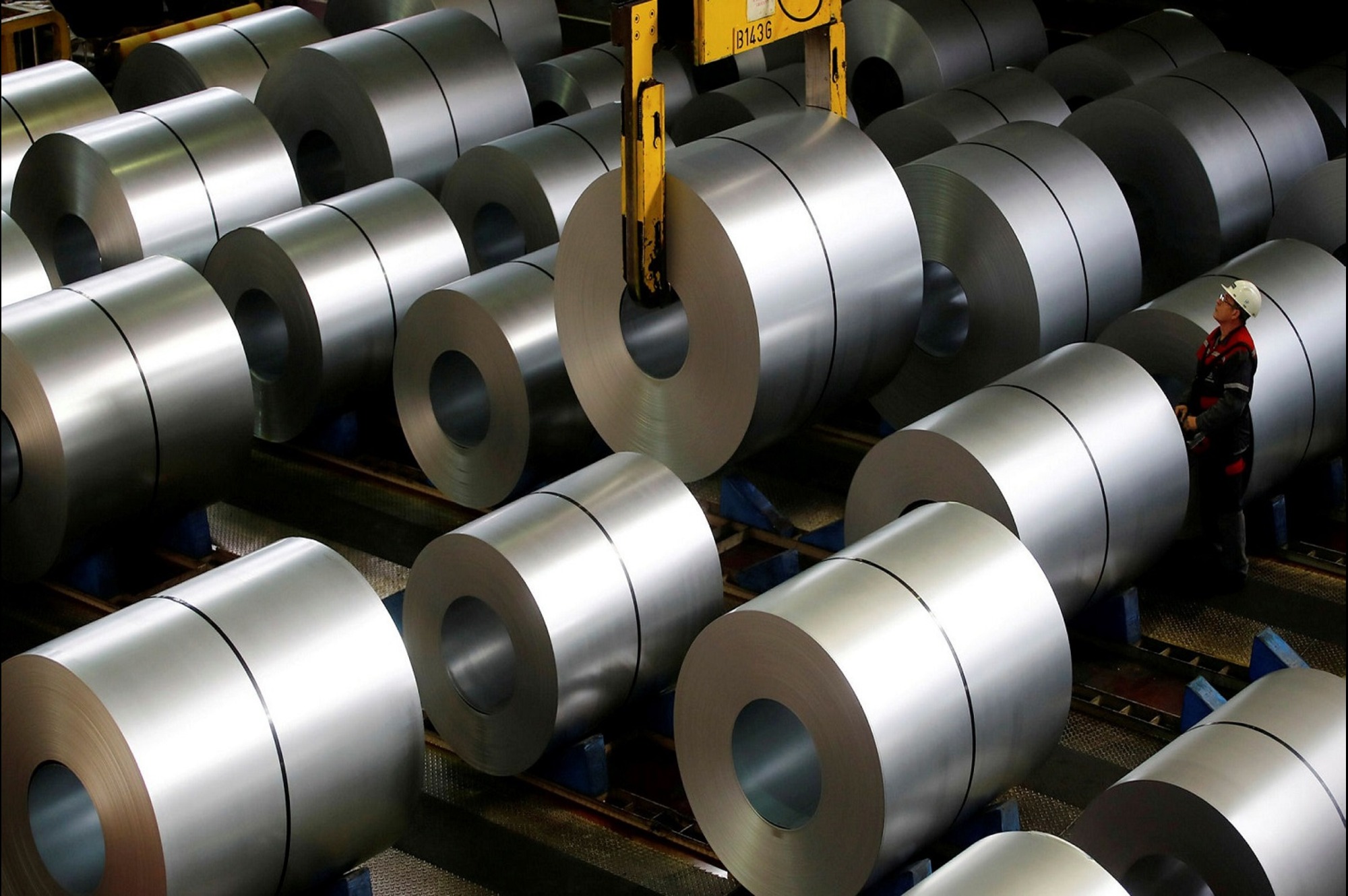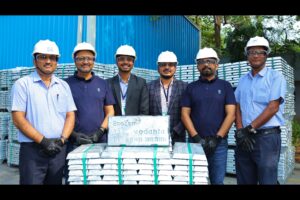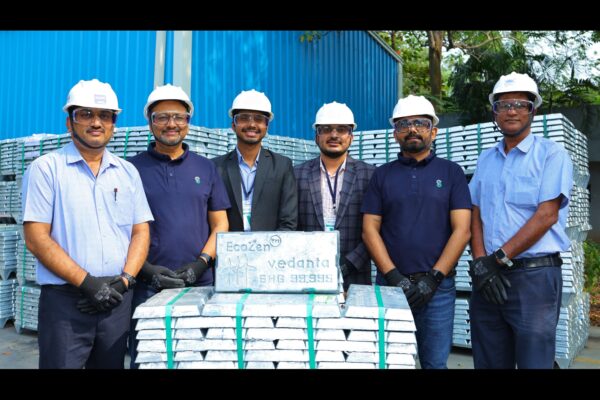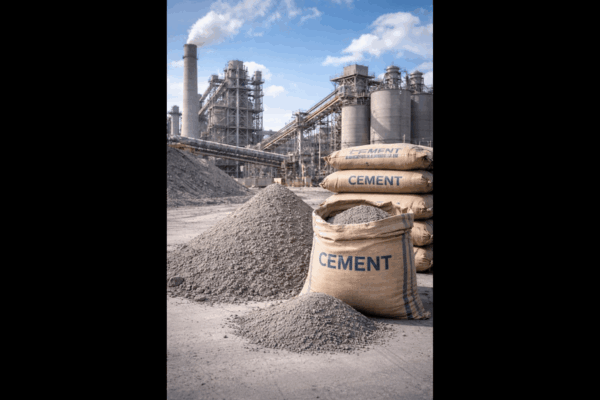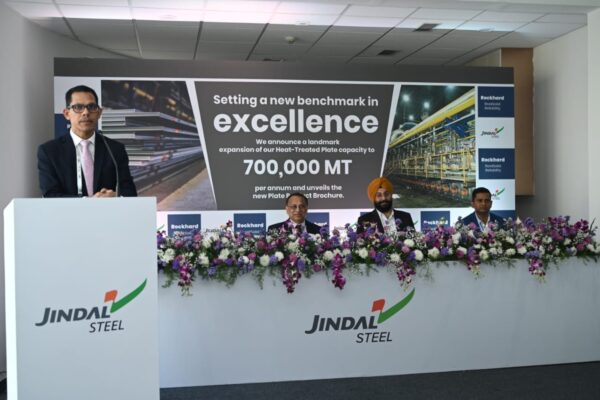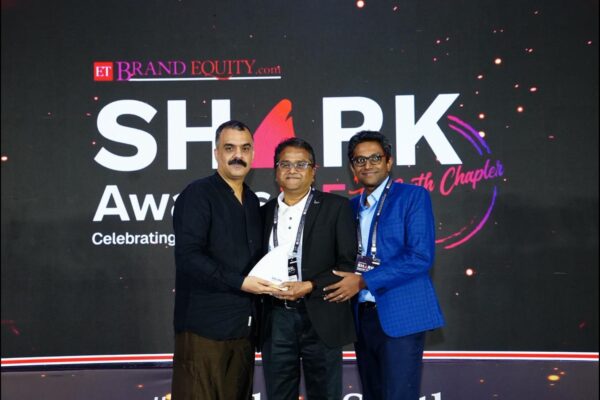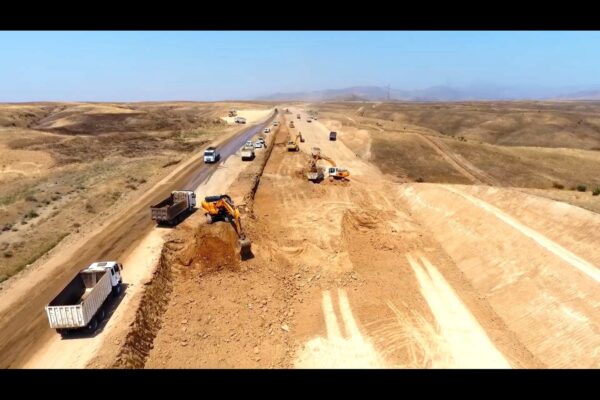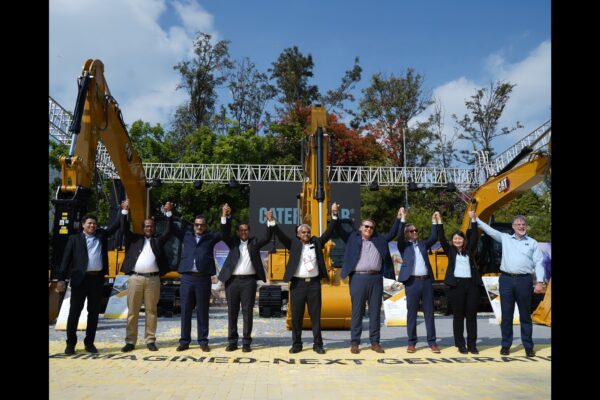Crisil Intelligence: The PLI edge for specialty steel
The scheme is boosting local production and competitiveness in the specialty steel sector but requires additional support to ensure its success
The government’s Production Linked Incentive (PLI) scheme for specialty steel has encouraged a shift in manufacturing from the traditional bulk, low-margin steel products towards high-value, technologically-advanced API-grade line pipe steel, electrical steel (CRGO/CRNO), high-strength automotive steel and corrosion-resistant alloys, products that are essential for modern infrastructure, electric vehicles, and defence and renewable energy systems. Before the scheme took effect, India imported over 4 million tonne of specialty steel annually. This, the scheme targets to reverse by adding ~25 million tonne of new production capacity — specifically of advanced steel grades – through financial incentive and relaxation of norms. Besides helping India climb up the value chain, create jobs, enhance domestic capacity and reduce import dependence, the goal is to make India a global hub for high-grade steel.
What is specialty steel?
Specialty steel is a type of steel designed to meet specific requirements and applications, such as high-strength, high-temperature resistance, corrosion resistance, or other unique properties. Specialty steel products include advanced high-strength steel, electrical steel, alloy steel and other types of steel.
The importance of specialty steel
Specialty steel plays a critical role in modern infrastructure, transportation and consumer products. Its unique properties and characteristics make it an essential material for a wide range of applications, such as high-performance vehicles, medical equipment, renewable energy systems and advanced electronics.
The scheme has undergone two iterations:
The scheme has undergone two iterations:
• The PLI scheme, also known as PLI 1.0, was launched in 2020 to promote the production of advanced high-strength steel, electrical steel and stainless steel. The scheme received 44 applications, including from major players such as Tata Steel, JSW Steel and Jindal Steel & Power. The total investment proposed under the scheme was ~Rs 44,000, which is expected to create over 70,000 jobs in the sector
• In 2025, the government launched the second phase of the scheme, known as PLI 1.1, which focuses on promoting the production of specialty steel products, such as alloy steel, special steel and steel alloys. The scheme has received 35 applications, including from players such as Tata Steel, JSW Steel and Jindal Steel & Power. The total investment proposed under the scheme is ~Rs 17,000 crore, which is expected to create over 40,000 jobs in the sector.
Buttressing the scheme
Overall, the PLI scheme has been a game-changer for the specialty steel sector. However, there are challenges that need to be addressed to ensure its continued success.
Indian specialty steel manufacturers face competition from established players in the global market, which could make it challenging to increase exports and market share.
To ensure the success of the PLI scheme, the government needs to provide a stable policy framework to support the growth of the specialty steel sector. This includes a clear and consistent incentive structure, stable raw material supply, and environmental and regulatory support.
The government also needs to encourage collaboration between industry and academia to develop new and advanced steel products and technologies. This will not only help improve the competitiveness of the sector but also promote innovation.
That said, the PLI scheme has catalysed the Indian specialty steel sector. With a stable policy framework, steady raw material supply and environmental and regulatory support, the sector is expected to grow exponentially over the next five years, promoting the government’s ‘Make in India’ initiative and reducing the country’s dependence on imports.
by Satnam Singh is a Senior Practice Leader & Director, Crisil Intelligence
and
Deepa Agarwal is an Associate Director, Crisil Intelligence
Tags

